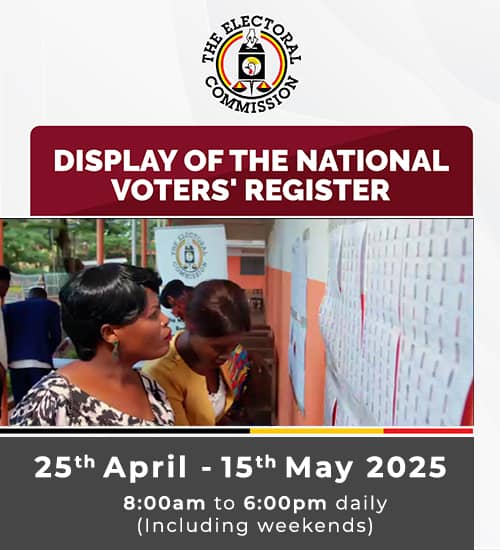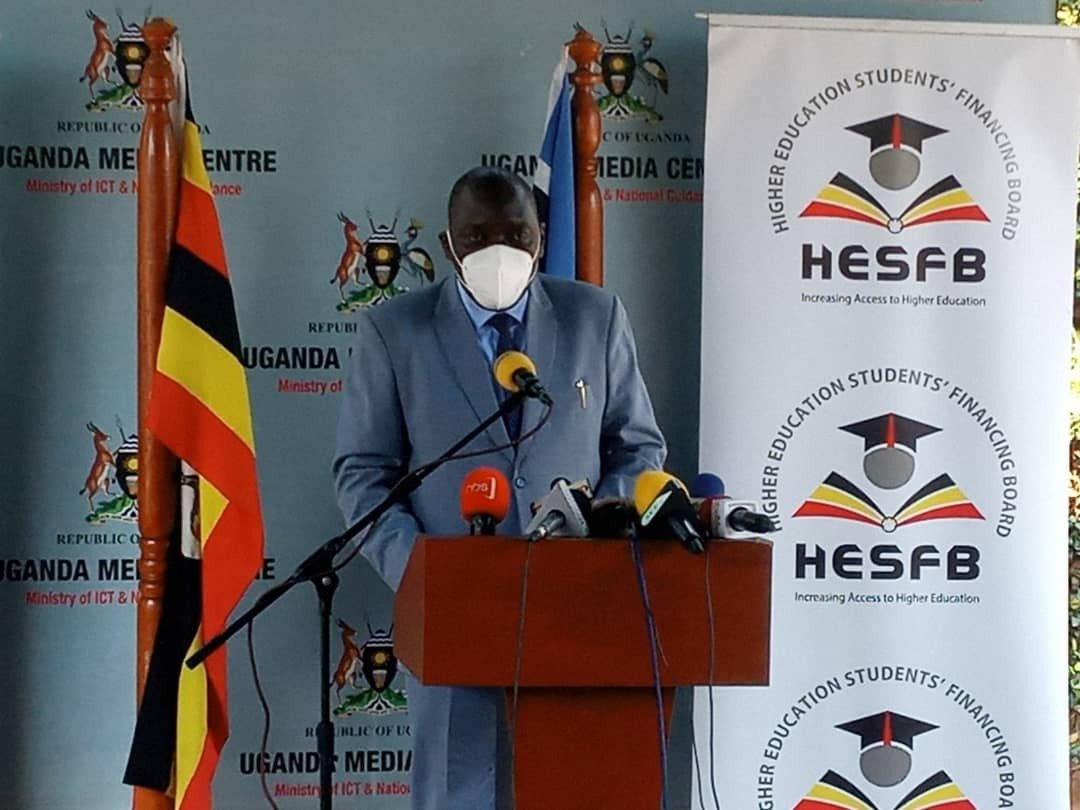South Sudan is the most corrupt country in the East African region according to the 2020 report by Transparency International.
The report ranked South Sudan as the second most corrupt across the globe next to Syria which is ranked first and Somalia in the third position.
The Corruption Perception Index (CPI), ranks 180 countries and territories by their perceived levels of public sector corruption, drawing on 13 expert assessments and surveys of business executives.
The 2020 report showed Rwanda as the least corrupt in East Africa with 54 points, the position it also held since 2019. Rwanda is closely followed by Tanzania with 38, Kenya with 31, Uganda 27 and Burundi 19. The ranking uses a scale of 0 to 100 with zero being the score for the most corrupt. A score below 50 indicates serious levels of corruption in the public sector.
Also in 2019, a report by Transparency International ranked South Sudan as the most corrupt country in East Africa followed by Burundi. Kenya and Uganda were ranked both in third position and the only EAC state to score above the global average rate of 43 points, after garnering 53 points.
A 2013 report about corruption in South Sudan, released by The Sentry, indicated that the vice spreads across all sectors of the economy and all levels of government.
It said that since independence, President Salva Kiir’s country has taken steps to promote transparency and accountability in its fight against corruption, but that a lack of capacity, resources and political will often hampers effective implementation.
In October 2020, the United Nations Commission on Human Rights accused some South Sudanese politicians and senior government officials of embezzling at least $36 million since 2016.
There was reports that some South Sudanese leaders carry out money laundering and grand corruption through networks in the United Kingdom.
According to the 2019 global Multidimensional Poverty Index from the UN Development Programme in sub-Saharan Africa, the level of inequality in South Sudan is described as “massive”.
In the 2020 report, Denmark and New Zealand topped the list with 88 points, followed by Finland and Singapore with 85.
The report also revealed that 22 countries significantly decreased their scores, including Bosnia and Herzegovina (35), Guatemala (25), Lebanon (25), Malawi (30), Malta (53) and Poland (56).
It states that since 2012, the earliest point of comparison in the current CPI methodology, 26 countries significantly improved their CPI scores.
They include Ecuador (39), Greece (50), Guyana (41), Myanmar (28) and South Korea (61).
The global organization against corruption recommended that governments take steps such as strengthening their oversight institutions, defending democracy and expanding their civic space, publishing relevant data and guaranteeing access to information.









































